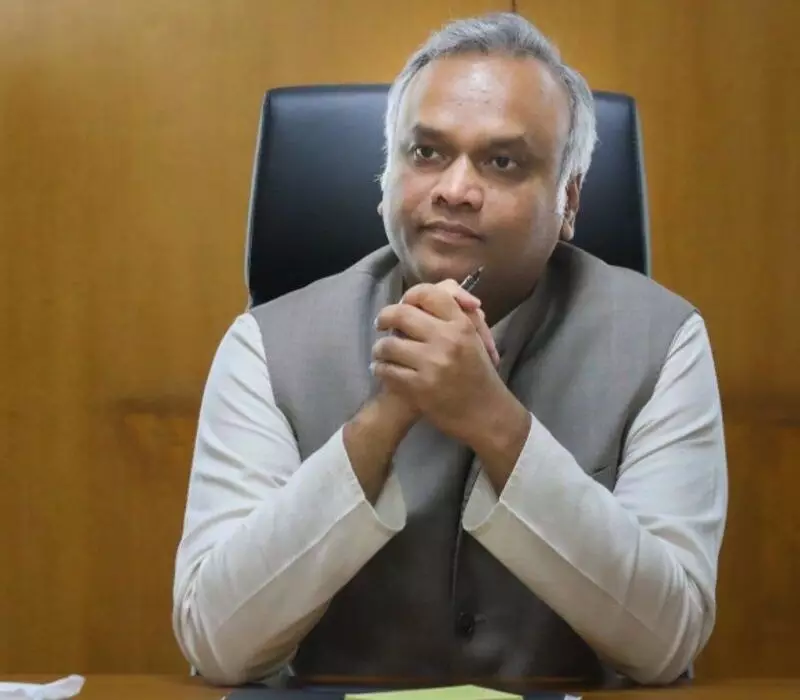
In a significant development from Karnataka's Kalaburagi district, local authorities have officially denied permission for the Rashtriya Swayamsevak Sangh (RSS) to conduct a planned route march in Chittapur town. The decision, announced on Tuesday, has sparked considerable discussion in political circles.
The District Administration, after thorough assessment of the prevailing situation, concluded that allowing the march could potentially disrupt public order and create security challenges in the region. Official sources indicated that the decision was based on comprehensive ground reports and intelligence inputs.
Administrative Stance and Rationale
According to district officials who spoke on condition of anonymity, the permission was withheld after careful evaluation of multiple factors. The primary concern centered around maintaining law and order in the sensitive region, with authorities expressing apprehension about possible communal tensions.
The administration emphasized that their decision was purely based on security considerations rather than political motivations. "We have to prioritize public safety above all else," stated a senior official from the Kalaburagi district administration.
RSS's Planned Event
The RSS had organized the route march as part of its ongoing outreach activities in North Karnataka. The organization had completed all formal application procedures and was awaiting the green light from authorities when the denial came through.
Local RSS functionaries expressed disappointment with the decision, arguing that they had previously conducted similar events peacefully across the state. They maintained that the march was intended as a display of organizational strength and discipline rather than a provocative gesture.
Broader Implications
This development occurs against the backdrop of:
- Ongoing political realignments in Karnataka
- Heightened security vigilance across sensitive regions
- Increasing political activities ahead of potential electoral preparations
- Continued debate about organizational freedoms versus security imperatives
The decision has drawn mixed reactions from various political stakeholders, with some supporting the administration's cautious approach while others question the consistency in applying permission protocols across different organizations.
As the situation develops, all eyes remain on whether the RSS will pursue alternative arrangements or challenge the administrative decision through appropriate channels. The episode underscores the delicate balance between freedom of assembly and maintaining public order in India's vibrant democracy.





